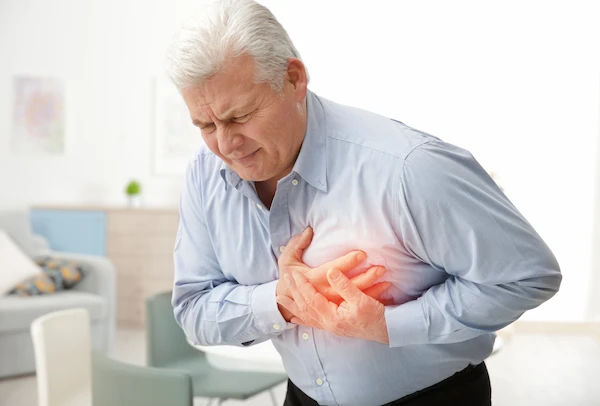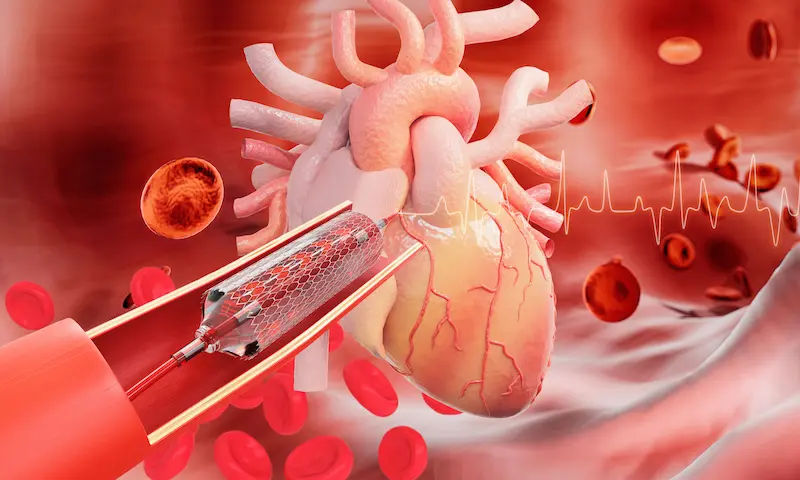Understanding Heart Attack Risk by Age
Explore how age impacts heart attack risk. Learn which age groups are most vulnerable, contributing factors, and how to reduce your risk through lifestyle and medical care.

Written by Dr. Siri Nallapu
Reviewed by Dr. D Bhanu Prakash MBBS, AFIH, Advanced certificate in critical care medicine, Fellowship in critical care medicine
Last updated on 13th Jan, 2026
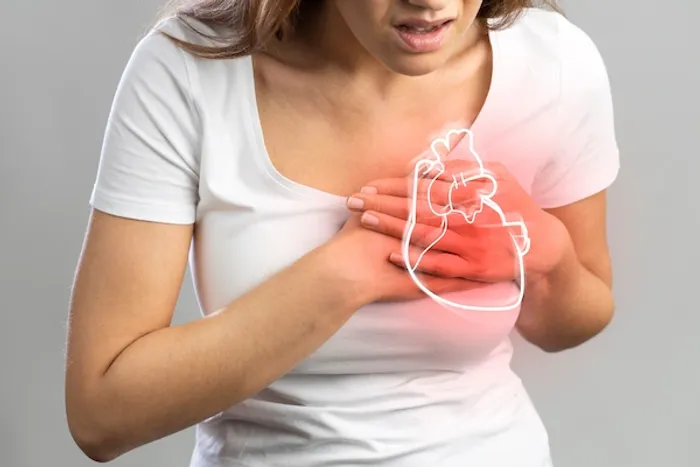
A heart attack is a serious medical emergency that occurs when blood flow to a part of the heart is blocked, often due to a blood clot. While heart attacks can happen at any age, the risk increases as we grow older. Understanding how age affects heart attack risk can help you take preventive steps and protect your heart health.
How Age Affects Heart Attack Risk?
Heart disease develops over time, and age is one of the biggest risk factors. Here’s how heart attack risk changes with age:
1. Under 45 Years – Lower but Not Zero Risk
While heart attacks are less common in younger adults, they can still happen due to:
Genetics (family history of heart disease).
Unhealthy lifestyle (smoking, poor diet, lack of exercise).
Medical conditions like high blood pressure, diabetes, or obesity.
Young adults often ignore symptoms, leading to delayed treatment.
Prevention Tips:
Avoid smoking and excessive alcohol.
Exercise regularly and maintain a healthy weight.
Get regular health check-ups if you have risk factors.
2. 45-65 Years – Rising Risk
Men over 45 and women over 55 face a higher risk due to:
Ageing arteries (narrowing and hardening over time).
Increased cholesterol and blood pressure.
Hormonal changes (especially in women after menopause).
Many first-time heart attacks occur in this age group.
Prevention Tips:
Monitor blood pressure, cholesterol, and blood sugar.
Eat a heart-healthy diet (more fruits, vegetables, whole grains).
Manage stress with relaxation techniques like yoga or meditation.
3. Over 65 Years – Highest Risk
Older adults are at the greatest risk because:
Plaque buildup in arteries worsens over decades.
Weaker heart muscles make recovery harder.
Other health issues (diabetes, kidney disease) increase complications.
Symptoms may be less typical (shortness of breath, fatigue instead of chest pain).
Prevention Tips:
Stay active with light exercises (walking, swimming).
Take prescribed medications regularly.
Keep up with doctor visits and heart health screenings.
Consult Top Specialists
Common Symptoms of a Heart Attack
While chest pain is the most well-known symptom, heart attack signs can vary by age and gender:
Chest discomfort (pressure, squeezing, or pain).
Pain in arms, back, neck, or jaw.
Shortness of breath.
Nausea, dizziness, or cold sweats.
Unusual fatigue (especially in women).
If you or someone experiences these symptoms, seek emergency help immediately.
How to Reduce Your Risk at Any Age?
1. Eat a Heart-Healthy Diet
Include fruits, vegetables, whole grains, and lean proteins.
Limit saturated fats, salt, and sugary foods.
2. Stay Physically Active
Aim for 30 minutes of moderate exercise (walking, cycling) most days.
3. Quit Smoking & Limit Alcohol
Smoking damages blood vessels—quitting lowers heart attack risk significantly.
Drink alcohol in moderation (1 drink/day for women, 2 for men).
4. Manage Stress & Sleep Well
Chronic stress raises blood pressure—practice relaxation techniques.
Get 7-8 hours of sleep nightly to support heart health.
5. Regular Health Check-ups
Monitor blood pressure, cholesterol, and diabetes.
Early detection helps prevent complications.
When to See a Doctor?
If you have risk factors (family history, high BP, diabetes), regular heart check-ups are crucial. Apollo 24|7 offers easy online consultations and heart health tests—book one today to stay proactive about your heart health.
Conclusion
Heart attack risk increases with age, but healthy choices can lower your chances. Whether you’re young or older, taking care of your heart today can prevent problems tomorrow. Stay informed, stay active, and prioritise your heart health!
Consult Top Specialists
Consult Top Specialists

Dr. Zulkarnain
General Physician
2 Years • MBBS, PGDM, FFM
Bengaluru
PRESTIGE SHANTHINIKETAN - SOCIETY CLINIC, Bengaluru

Dr. Sumanjita Bora
Cardiologist
9 Years • MBBS, PGDCC
Bengaluru
Apollo Clinic, Sarjapur Road, Bengaluru

Dr. Anand Ravi
General Physician
2 Years • MBBS
Bengaluru
PRESTIGE SHANTHINIKETAN - SOCIETY CLINIC, Bengaluru

Dr. Bhethala Sharan Prakash
General Physician/ Internal Medicine Specialist
5 Years • MBBS MD
Bengaluru
PRESTIGE SHANTHINIKETAN - SOCIETY CLINIC, Bengaluru
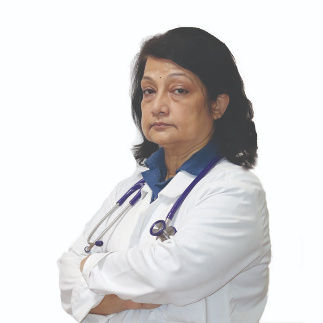
Dr. Tripti Deb
Cardiologist
40 Years • MBBS, MD, DM, FACC, FESC
Hyderabad
Apollo Hospitals Jubilee Hills, Hyderabad
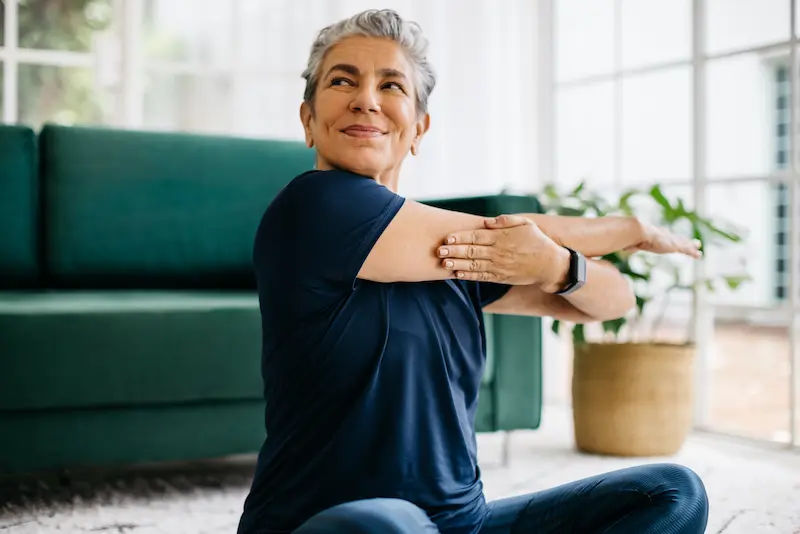
_1.webp)
